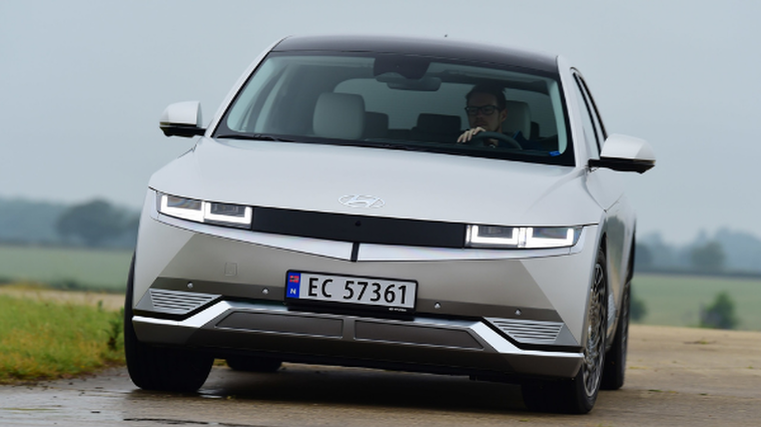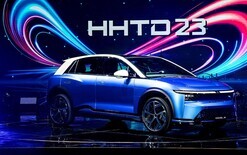Hyundai set for Japan

Hyundai is looking to take on Toyota in its domestic market by returning to Japan 12 years after being forced to leave due to poor sales.
The South Korean company is hoping growing demand for electric vehicles (EVs) will help it to re-establish itself in the region.
Hyundai will initially rely on its Ioniq 5 full electric crossover, pictured, and the Nexo hydrogen fuel cell SUV, but it’s likely that more electrified models will join its Japanese range in coming years.
One of Hyundai’s goals is to capture 10 per cent of global EV sales by 2025, so expanding into other markets could prove crucial.
“We haven’t yet set a target for sales, but will try to provide more information once we begin taking orders online in May,” says Shigeaki Kato, head of Hyundai Mobility Japan.
Hyundai, along with Kia, first attempted to capture significant market share in Japan back in 2001. However, they were forced to leave after selling just 15,000 vehicles despite dominating the South Korean market and proving popular in several other global markets.
The fact remains that of the five million cars sold in Japan annually, roughly 90 per cent come from Japanese marques with Toyota accounting for about 40 per cent of the market. Foreign brands have struggled to establish themselves there, apart from luxury and exotic offerings.
Now there’s a boom in demand for EVs, legacy manufacturers such as Hyundai, the VW Group and Stellantis might have a chance against Toyota in its own “back yard”.
According to the Japan Automobile Importers’ Association, imports of EVs went up three times to a record 8,610 units last year.
At the moment, there are about 600 Hyundai cars still being driven in Japan. This time around, Hyundai will be focusing its efforts on online sales, while also partnering with a car-sharing service and insurance company so private owners can rent out their vehicles.





